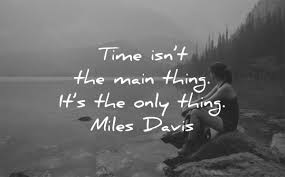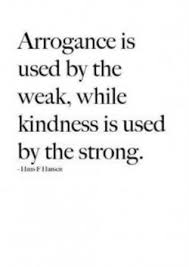 Getting a lot of emails made me chuckle how vain I am.
Getting a lot of emails made me chuckle how vain I am.
There is one magic word that makes me read with interest and an open heart.
If this little magic is missing I skip over the words and read mechanically.
Can you guess what that word is?
A thank you in the first line makes me perk up, I feel appreciated.
I automatically want to give this appreciation back.
Without a thank you I feel more like an email responding robot that is doing their job ;o)
What if this vanity is somehow baked into human nature?
What if everybody has it to some extent?>>
 Recently I got a beautiful interieur design magazine in my hands.
Recently I got a beautiful interieur design magazine in my hands. Let’s talk about right or wrong.
Let’s talk about right or wrong. Happy New Year 2021!!!
Happy New Year 2021!!! In times of compulsory mask wearing, the other day I was pondering on masks in general. All the invisible masks we are wearing and how they serve us.
In times of compulsory mask wearing, the other day I was pondering on masks in general. All the invisible masks we are wearing and how they serve us.
 Humans are funny animals. I often think that as I am watching myself.
Humans are funny animals. I often think that as I am watching myself. They all seem like cargo boxes to me. All these little and big lessons, all the skills, all the gems of wisdom we gather as we go through life. They are packed full with valuable stuff.
They all seem like cargo boxes to me. All these little and big lessons, all the skills, all the gems of wisdom we gather as we go through life. They are packed full with valuable stuff. When Ikarus wanted to leave Crete he went to his workshop and fabricated some wings. His father took notice of what his son did and warned him of two things.
When Ikarus wanted to leave Crete he went to his workshop and fabricated some wings. His father took notice of what his son did and warned him of two things. Recently I read that it is more expensive to drill a tunnel than to build a bridge.
Recently I read that it is more expensive to drill a tunnel than to build a bridge.

